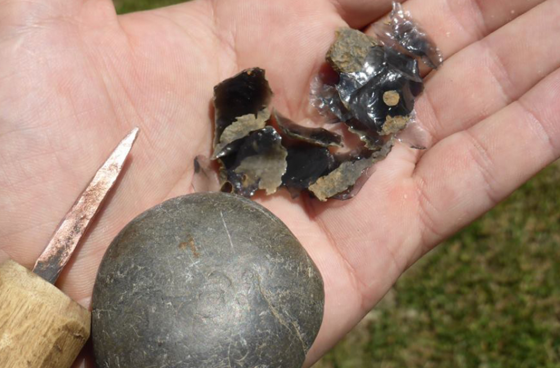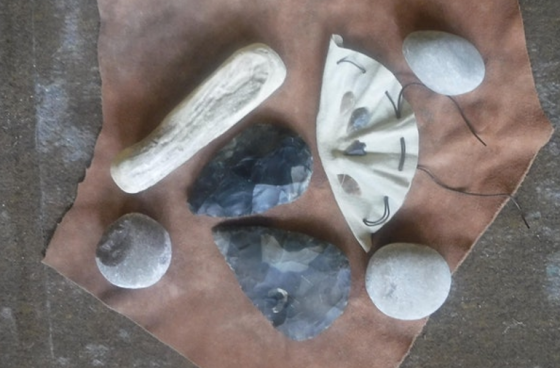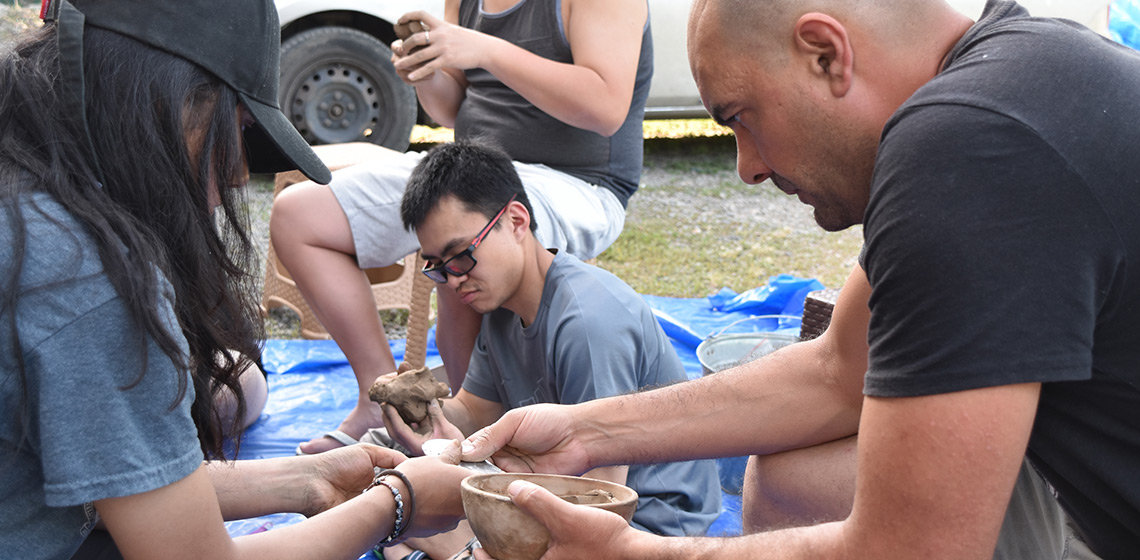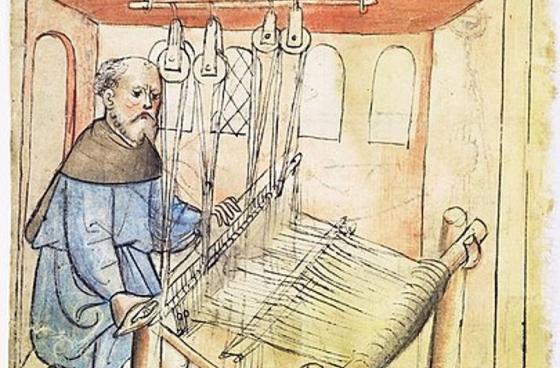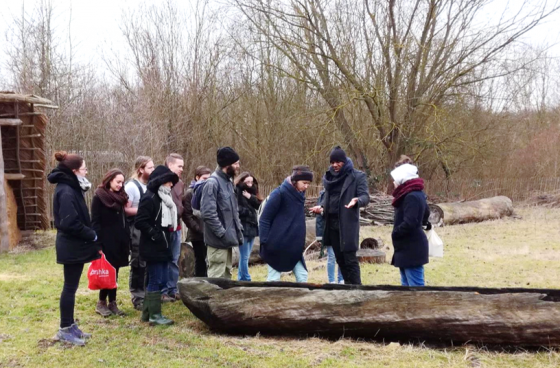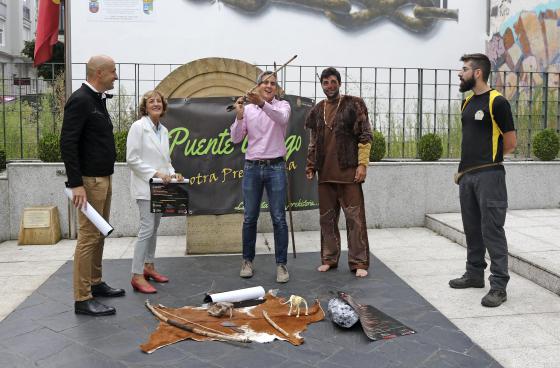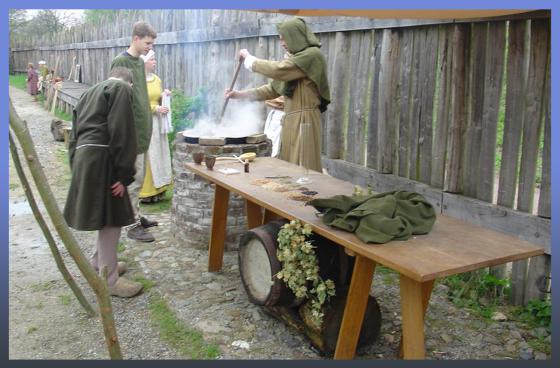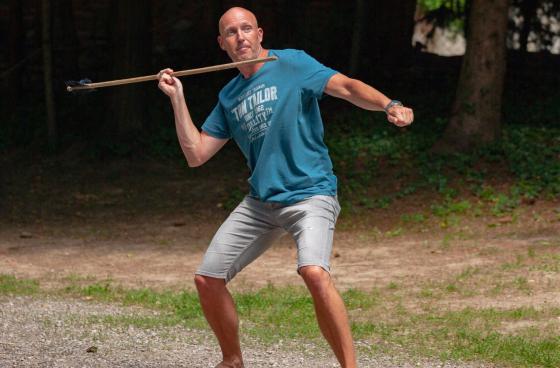Neolithic
Stone Working
Country
- Austria
The people of the Stone Age had no knowledge of metals. As a result, they had to make all the equipment used for cutting, scraping, drilling and hunting from other raw materials. During the active weekend “stone processing” on Saturday, October 24th and S
An Introduction to Flintknapping
Country
- United Kingdom
This course aims to teach the basics of flintknapping. The course is targeted at complete beginners. Attendees will be introduced to a range of flaked stone tools, learn about the properties of knappable material like flint and the principals of flake removal using soft and hard hammers. They will make basic stone tools during the session that they can take away.
Mumpf! Nutrition in the Time of Pile Dwellings
Country
- Germany
Nutrition in the Time of Pile Dwellings - A Family Trail
What was important for survival in the Stone Age? What food did nature provide? What animals were there and what had to be grown?
Session Review: ASOR Experimental Archaeology Session, November 2019, San Diego, CA, USA
Fous d’Histoire Niort
Country
- France
More than 30 professional and amateur companies of historical spectacles take part, divided into several categories: music, dance and song; theater and street performance; animal training and show; crafts and demonstrations; military art; various activities and services; technique and accessories; living history sites.
EXARC Historical Textiles Chat
Country
- the Netherlands
Textile researchers have a challenge when looking for information in our field, which is part of what makes it fun! We have to think outside the box, looking in places others may not consider. Bring your favorite sources, ask about what you are looking for, or tell us your stories of the search. Join us on Discord in the textile chat on the EXARC channel on November 27, 2021, at 1500 CET.
Experimenting with Protohistory: Interdisciplinary Dialogues
Country
- France
Call for Papers and Articles
The association APERA in partnership with the College of Doctoral Schools and ED 112, and with the support of the University Paris 1
Puente Viesgo - Prehistoric Heritage of Cantabria
Country
- Spain
For the second consecutive Year, the activity aims to disseminate and disseminate the prehistoric heritage of Cantabria, but specifically of Puente Viesgo.
EXARC Beer Brewing Chat
Country
- the Netherlands
For historical-archaeological brewers, we gather for our monthly chat. It is open access and will include links and discussion about craft brewing - you decide what will be on the table! The chat starts at 15:00h CET (Amsterdam time) and may take about 1.5 hours.
Active Weekend: Javelin Throwing
Country
- Austria
The javelin throwing on Saturday, September 26th and Sunday, September 27th, is for the adventurous and families. Equipped with a spear and a spear thrower, young and old learn about Stone Age hunting techniques and all kinds of interesting facts about hunting and everyday life in prehistory.

